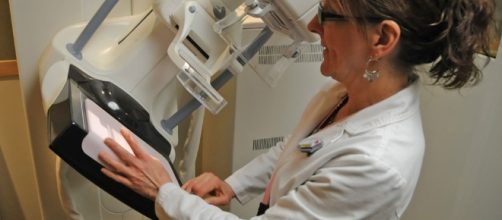Researchers are a step closer to the development of first full-body PET scanner. They believe that this PET scanner could change biomedical research. Davis John at the University of California reveals that he will build first total body Positron Emission Tomography (PET) scanner. He aims to accomplish his project by the end of 2018.
The development of PET scanner
Dr. Davis says that positron emission tomography (PET) is a molecular imaging technique. The currently available systems are not reliable, so he wants to develop PET scanners in a significant number.
He believes that current systems cannot make the best use of the radiation doses involved. Simon Cherry, another health expert at the University of California, says that if Davis succeeds in his project, he will solve fundamental limitations of this device. First of all, Davis aims to develop a PET scanner that allows us to see the entire body at once. Secondly, scientists will acquire higher quality images as today’s devices do not give the desired results.
Capability of the new device
John says that the PET scanner will image all tissues and organs simultaneously, and is more sensitive than the currently available clinical scanners. Once he succeeds in his project, he will publish the findings in the journal “Physics in Medicine and Biology.” He believes that we should develop full body scanners in a large number.
This device will generate 40 terabytes of data per day and aims to develop a quantitative image reconstruction method for this device. Scientists will compare its performance with current whole-body scanners.
Ramsey Badawi, a Professor of Radiology, says that scientists will conduct experiments to find out the efficiency of the technology. He believes that John’s device will scan the whole body using 1/40th the radiation dose, or with 30-fold better signals. Ramsey Badawi, director of the Nuclear Medicine Research, has funded the project. He believes that John will finish the project by next year, and his device will have a good impact on health.

